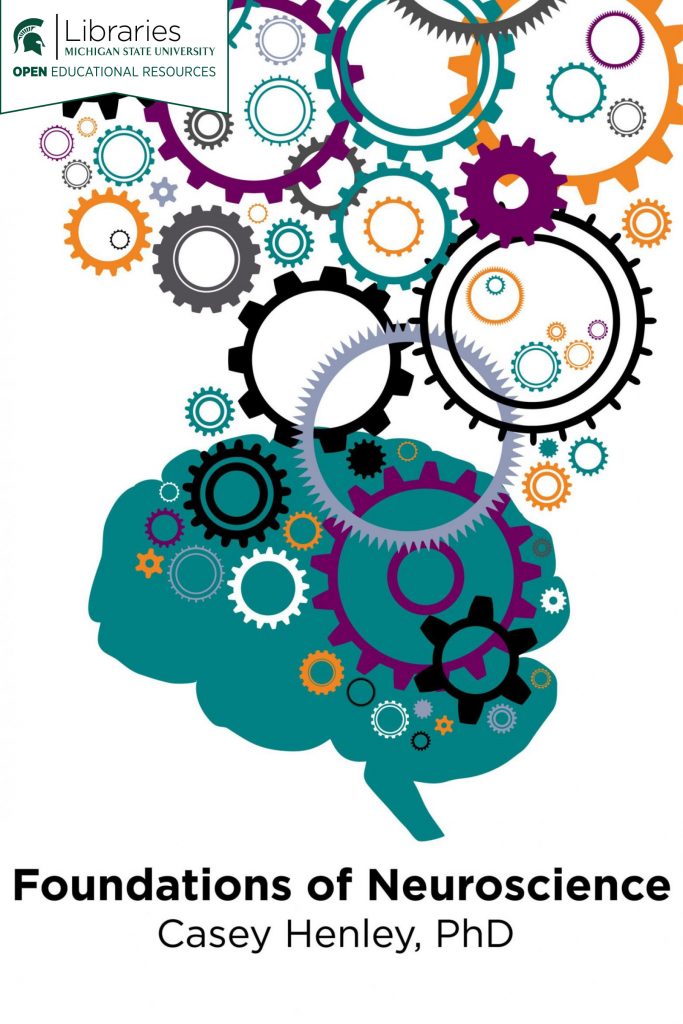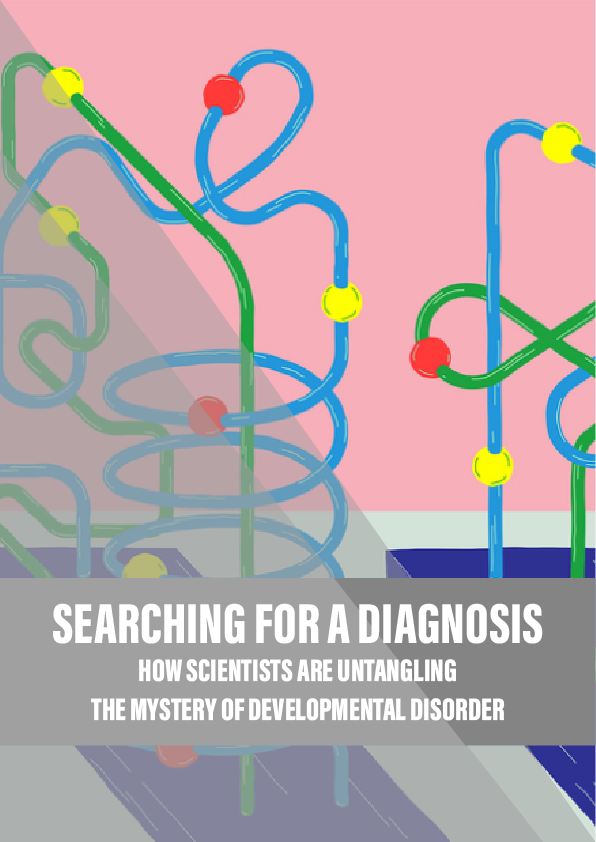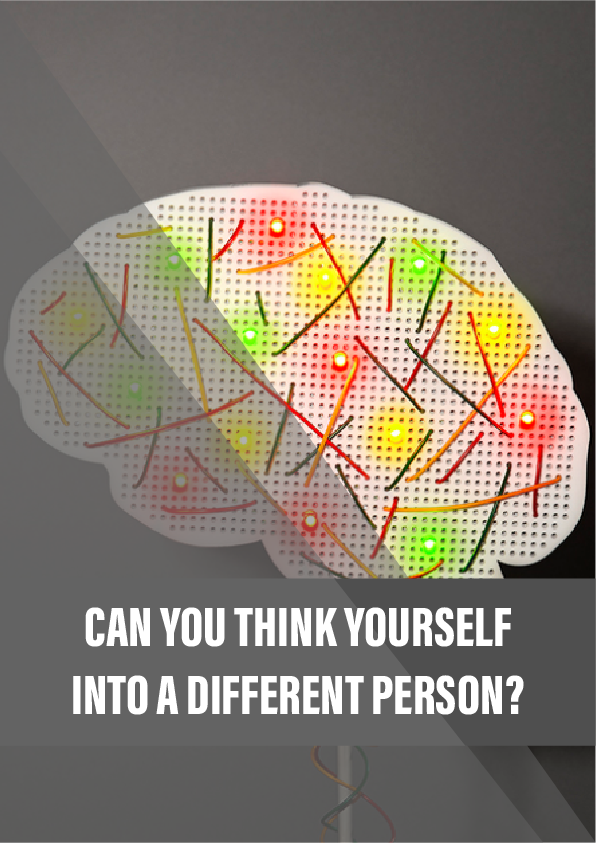Foundations of Neuroscience is aimed at undergraduate students new to the field of neuroscience. The first edition specifically targets students enrolled in Neurobiology at Michigan State University and primarily contains topics covered in that course. For example, only three sensory systems are discussed in this version of the text. Future editions will continue to expand the number of topics and concepts presented (see below for a list of planned topics).
Following the principles of Universal Design for Learning, multiple means of representation will be provided for students to engage with the content. Clear, accessible text will be divided into short, easily digestible chapters that focus on one concept. Numerous images and animations will be paired with the text, and a captioned video version of the text is shared for each chapter. The text is written with the undergraduate student that is new to neuroscience in mind. Neuroscience terminology will be introduced in an easy-to-understand manner, and supporting content will be clear and concise to minimize cognitive load not associated with understanding new material.
Each chapter will end with an interactive quiz for student self-evaluation of the content. All quiz answers (i.e. both correct and incorrect) will provide feedback, so students can self-check their understanding at the end of each concept and receive immediate feedback about their learning.
THE NEURON
Neurons are the basic units of the brain. Their main function is to send electrical signals over short and long distances in the body, and they are electrically and chemically excitable. The function of the neuron is dependent on the structure of the neuron. The typical neuron consists of the dendrites, cell body, axon (including the axon hillock), and presynaptic terminal.











